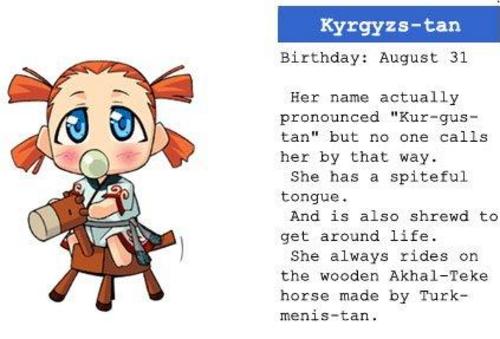The Arab Historian, Al Waqidi, tells us in his book “The conquering of Al Sham (greater Syria)” that: “In a battle that took place in Beit Lahia near Ajnadin, Khalid watched a knight, in black attire, with a big green shawl wrapped around his waist and covering his bust. That knight broke through the Roman ranks as an arrow. Khalid and the others followed him and joined battle, while the leader was wandering about the identity of the unknown knight.”
Rafe’ Bin Omeirah Al Taei was one of the fighters. He described how that knight scattered the enemy ranks, disappeared in their midst, reappeared after a while with blood dripping from his spear. He swerved again and repeated the deed fearlessly, several times. All the Moslem army was worried about him and praying for his safety. Rafe’ and others thought that he was Khalid, who won great fame for his bravery and genius military plans. But suddenly Khalid appeared with a number of knights. Rafe’ asked the leader: “ Who is that knight? By God, he has no regard for his safety!”
Khalid answered that he didn’t know the man, though he greatly admired his courage. He called on the arm to attack as one man and to make sure that they protect our hero(ine). They were fascinated as they watched the knight appear with a number of Roman knights chasing him. Then he would turn around and kill the nearest before resuming his attacks.
The Romans eventually lost the battle and fled, leaving many dead and wounded in the battlefield. Khalid looked for the knight till he found him. By then he was covered in blood. He praised his bravery and asked him to remove his veil. But the knight did not answer, and tried to break away. The soldiers wouldn’t let him do that. And everyone asked him to reveal his identity.
When the knight found that there was no way to avoid that, he replied in a feminine voice: “My prince, I did not answer because I am shy. You are a great leader, and I am only a woman whose heart is burning.”
“Who are you?” Khalis insisted.
“I am Khawla Bint Al Azwar. I was with the women accompanying the army, and when I learnt that the enemy captured my brother, I did what I did.”
Khalid ordered his army to chase the fleeing Roman Army, with Khawla leading the attack, looking in all directions for her brother, but in vain. By noontime, the victory was decisive. Most of the Roman soldiers were killed.
Knowing that the prisoners had to be somewhere, Khalid sent Khawla with a number of knights to find them. After a hot chase, they managed to catch up with a Roman detachment that was taking the prisoners to their headquarters. Another fight took place, the Roman guards were all killed and the prisoners saved.
In another battle in Ajnadin, Khawla’s spear broke, and her mare was killed, and she found herself a prisoner. But she was astonished to find that the Romans attacked the women camp and captured several of them. Their leader gave the prisoners to his commanders, and order Khawla to be moved into his tent. She was furious, and decided that to die is more honourable than living in disgrace. She stood among the other women, and called them to fight for their freedom and honour or die. The others were enthusiastic to her plan. They took the tents’ poles and pegs and attacked the Roman guards, keeping a formation of a tight circle, as she told them.
Khawla led the attack, killed the first guard with her pole, with the other women following her. According to Al Waqidi, they managed to kill 30 Roman knights, while Khawla was encouraging them with her verses, which in fact cause the blood to boil.
The Roman Leader was infuriated by what happened, and led a detachment of his knights against the women, though he tried first to tempt them with many promises. He told Khawla that he planned to marry her and make her the first lady of Damascus. But she answered him calmly and with great contempt: “I wouldn’t even accept you to be a shepherd of my camels! How do you expect me to degrade myself and live with you? I swear that I’ll be the one to cut off your head for your insolence.”
http://www.alshindagah.com/mayjun2003/woman.html

 On making his discovery, the astronomer had presented it to the International Astronomical Congress, in a great demonstration. But he was in Turkish costume, and so nobody would believe what he said. Grown-ups are like that...
On making his discovery, the astronomer had presented it to the International Astronomical Congress, in a great demonstration. But he was in Turkish costume, and so nobody would believe what he said. Grown-ups are like that...  Fortunately, however, for the reputation of Asteroid B-612, a Turkish dictator made a law that his subjects, under pain of death, should change to European costume. So in 1920 the astronomer gave his demonstration all over again, dressed with impressive style and elegance. And this time everybody accepted his report. "
Fortunately, however, for the reputation of Asteroid B-612, a Turkish dictator made a law that his subjects, under pain of death, should change to European costume. So in 1920 the astronomer gave his demonstration all over again, dressed with impressive style and elegance. And this time everybody accepted his report. "







